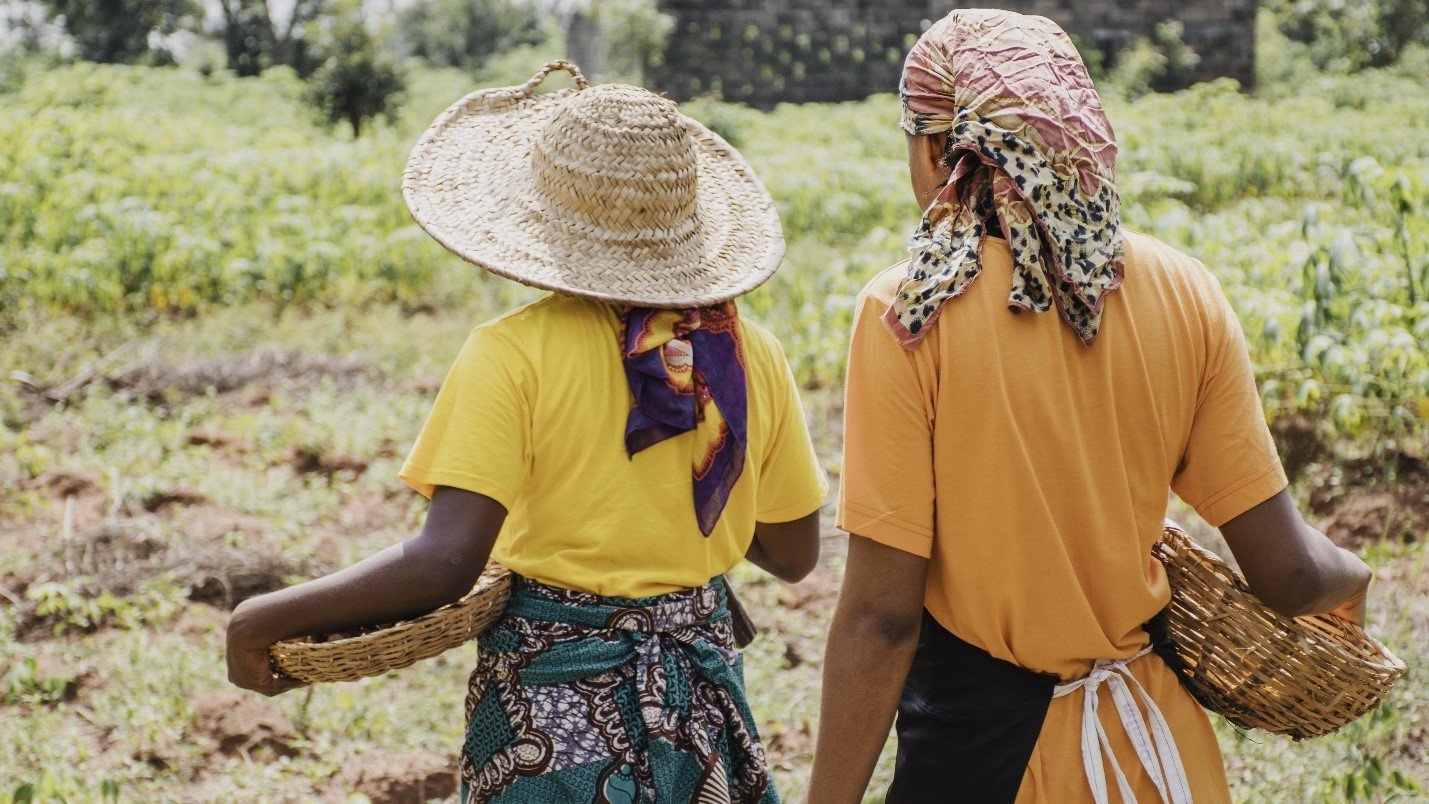South Africa owns the largest agricultural land in the continent. According to Statista, the agricultural lands in Africa represent around 80% of the total land area. Indeed, agriculture in South Africa is a very crucial sector on which a significant percentage of the region’s economic growth depends.
Due to South African changeable climate which varies from subtropical to Mediterranean, a wide variety of products are available such as grains, wine, and fruit. The exporting activities have increased significantly as the land is distinguished with the high-quality products that consumers need. Sugar cane, maize, and corn are extensively produced in South Africa. In 2020, 18.2 million and 15.3 million metric tons of sugar cane and maize were produced respectively. In addition, in 2020, it has been found that corn represented the largest harvested crop in South Africa.
According to the International Trade Administration, the agricultural economy in South Africa relies hugely on the full-fledged commercial farming system which had the best growth rate among other sectors at 13.1 percent in 2020.
Although the South African agricultural lands have many advantages that support the increase in agricultural growth rate, such advantages are not exploited properly due to the following reasons:
- Farmers do not perform well
- Farmers cannot accept technological changes
- The consequences of the Covid-19 pandemic affected the agricultural sector
- Poverty prevails in the region and consumers started to tighten their belts and spend only on their basic subsistence
Because of the above challenges, stakeholders have taken action to save the agricultural sector in South Africa. Feed the Future took the initiative by doing the following:
- Enhancing the agricultural production
- Introducing products to foreign markets
- Boosting the private investment
- Providing the farming systems with all the technological support
Actually, developing the agricultural sector needs the promotion of products across all regions. This cannot be done without translation and localization. In addition, all employees, especially farmers, working in the agricultural sector should learn how to deal with foreign consumers. They should have the flexibility to learn new languages, or else interpreters should be available to help. A professional language translation agency should be hired in this context.
Afrolingo is here for you! We provide agriculture translation and localization services for almost all African languages.
In this blog, you will learn how agriculture translation contributes to agricultural growth in South Africa.
How Does Translation Contribute to the Agricultural Growth?
Translation represents the backbone of the growth of any industry especially the agricultural sector. Achieving high revenues cannot be fulfilled without addressing foreign consumers in their languages and translating any agricultural documents.
The following are some of the reasons why agriculture translation is important in the agricultural industry:
Distribution of Products Overseas
In order to spread products across different regions, farmers and agricultural firms should translate products in the language of the target customers to break any geographic borders.
The Need for Translation in Technology
The use of technology in farming has become widespread in South Africa. Many equipment and industrial products have been used in farming, soil, harvesting, planting, growth, and many other processes such as fertilizers, seed drills, sprayers…etc. Therefore, the machinery procedures, maintenance manuals, training materials, and product guides should be translated and localized.
Translation Facilitates Communication
Communication between visitors and South African citizens should be successful and this cannot be done without interpretation services. Afrolingo has a team of native-speakers with a thorough knowledge of various cultures and agricultural terms linked to crops, soil, and fertilizers. That is why they are able to provide you with the highest-quality interpretation services.
Translation of Agricultural Documents
The agribusiness sector in South Africa plays an important role in the agricultural sector’s growth. Agribusinesses take the charge of the crop production process from farming till delivering it to the target markets. Thus, this sector needs a language service provider able to translate many agricultural documents to facilitate the process. Examples of agricultural documents can be the following:
- Legal documents
- Training materials
- Product’s packaging
- Product labelling
- Fertilizer documents
- Agricultural reports and regulations
- Marketing materials
- Crop science documents
At Afrolingo, translators apply special techniques in translating agricultural terms and this ensures the best agricultural translation services you will ever get.
Call Afrolingo now and get a quote!


